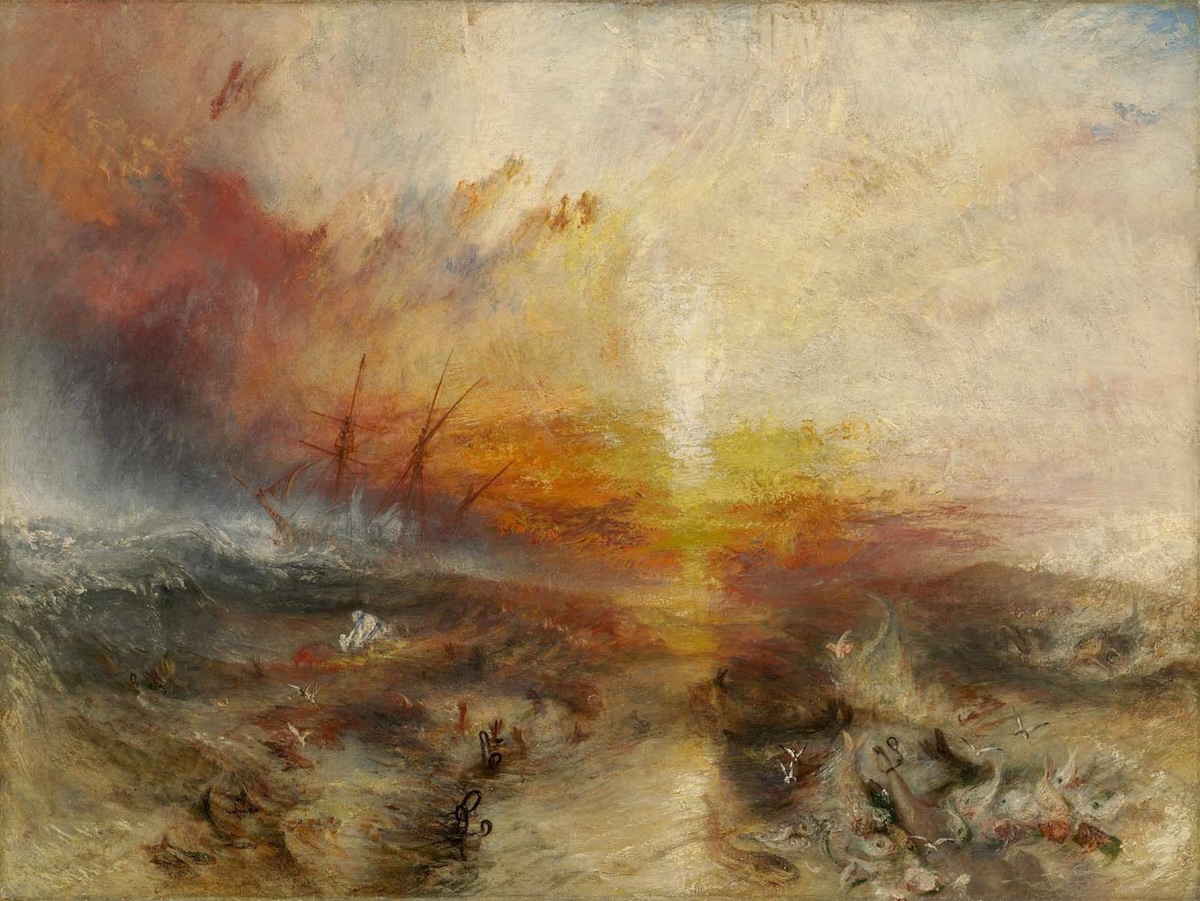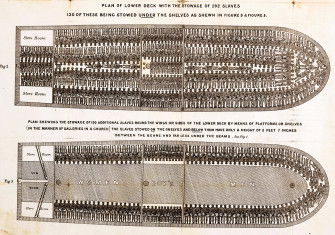The Case of the Slave Ship Zong
Though the massacre of captives aboard the British slave ship Zong scandalised society, the pace of reform was slow.

Dr Hinchcliff, the Bishop of Peterborough, called it ‘one of the most inhuman barbarities that I ever read of’. George Gregory, the Rector of West Ham, labelled it ‘one of the blackest projects that ever entered the mind of man’. And Thomas Clarkson, the ardent English abolitionist, characterised it as a ‘deed, unparalleled in the memory of man, or in the history of former times and so black ... that were it to be perpetuated to future generations and to rest on the testimony of an individual, it could not possibly be believed’. These observations, it must be remembered, were made in 18th-century England, a notably calloused age. Ordinary Caucasian life was held to be of little account, and the life of Africans of virtually no account. Nevertheless, by the standards of that or almost any era the case of the slave-ship Zong is incredibly shocking.







